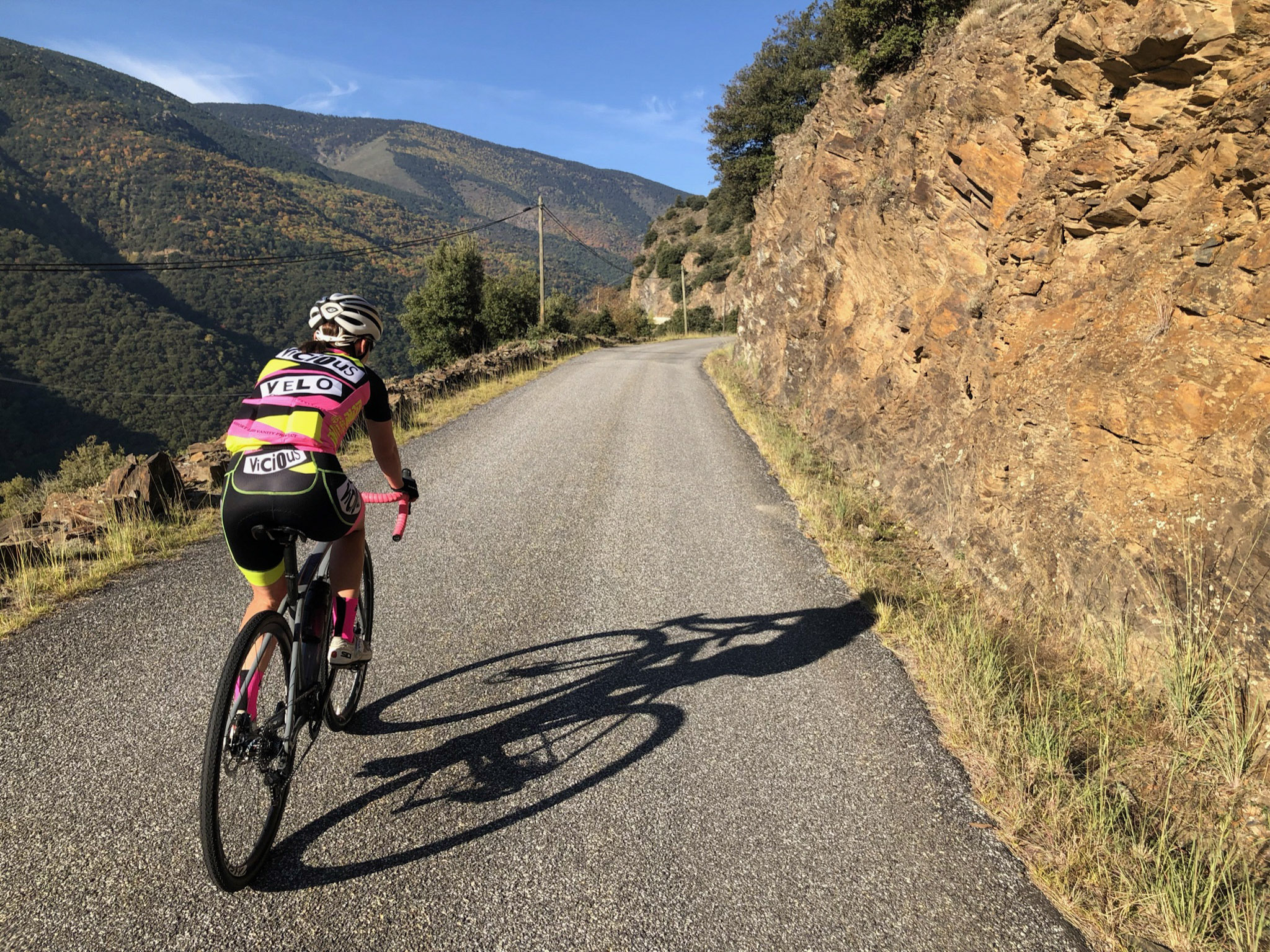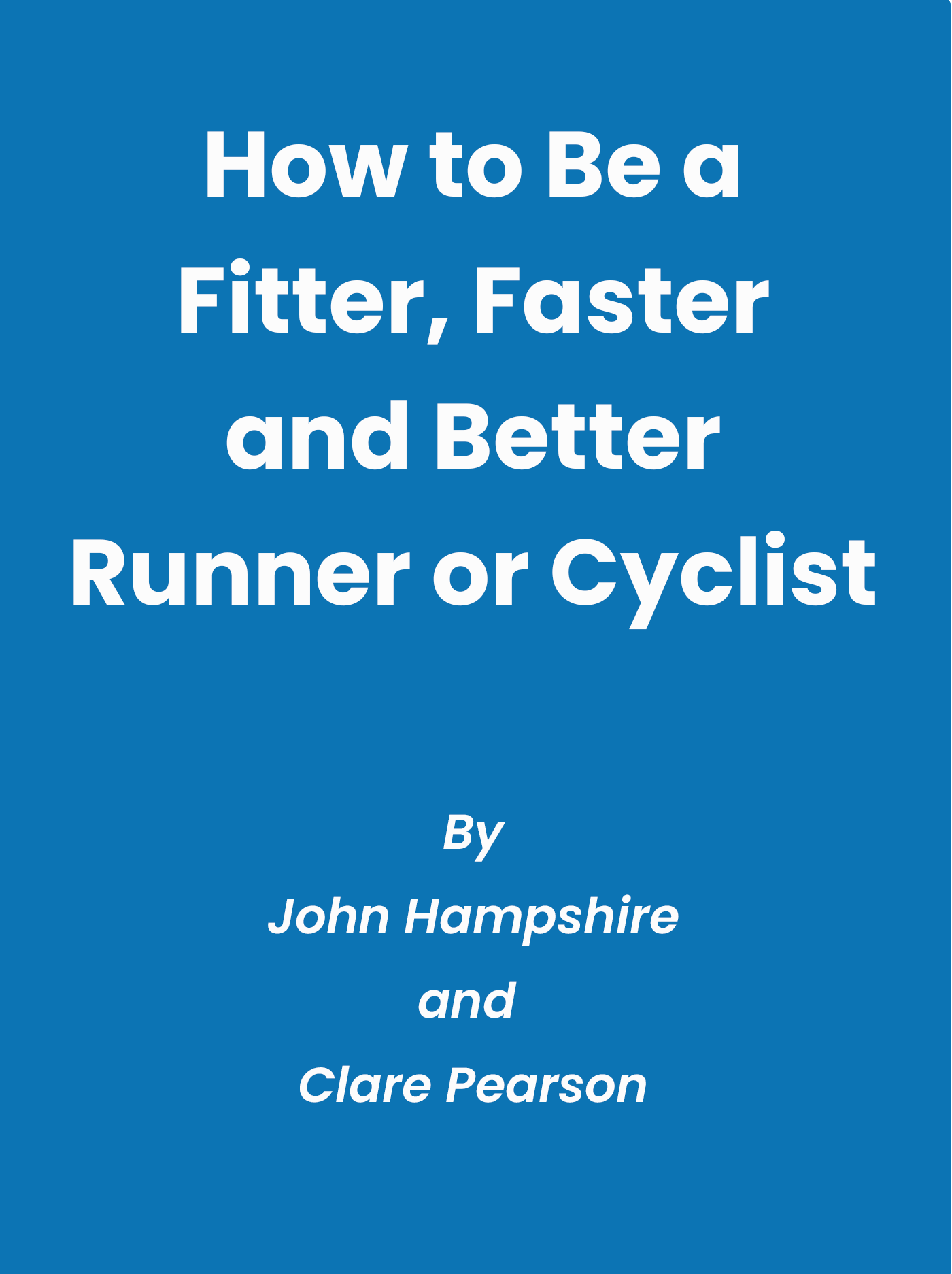Using Mindfulness to Improve Performance in Ultra Endurance Events

Mindfulness is a popular meditation technique which can be adapted for use in a variety of settings to promote psychological wellness and robustness. It has been shown to be very effective in ultra endurance events to help athletes deal with event nerves and to keep going when things start to feel tough.
What is Mindfulness?
Mindfulness is a highly adaptable meditation technique. The main premise is that you focus on the here and now. Focussing on the here and now helps free us of worrying about the future (which does not exist as it has not happened) and the past (which does not exist because it is finished).
There are a variety of ways you can practice this:
Focussing on your breath
In its simplest form just focussing on the act of breathing brings the mind into the present. Focus on each breath in, how it feels as it enters the body; focus on each breath out, how it feels as it leaves the body.
As the source of life the breath can be a good way to ground us in the here and now, and as we always have our breath we can alway practise mindfulness in this way.
Focussing on the task in hand as it unfolds
This can be a bit trickier, but is nice for people who struggle to sit still. Focussing on the task in hand as it unfolds brings us into the present moment. Many people do this intuitively when focussed on certain difficult tasks in any case (doing an engrossing puzzle, doing a tricky mechanical repair, learning a new difficult task).
In your sport you can focus on this step, this pedal stroke and when your mind starts to wander to the top of the hill, the next aid station, the next climb just bring it gently back to the here and now.
Being the present observer
Being the present observer is all about noticing your thoughts and feelings as they arise without judgement.
You can notice that you feel anxious about the race, you can notice that you are worrying about whether you have done enough training and just observe these things in yourself. They are neither good nor bad, they are just your thoughts and feelings in this moment. As you do this more and more you will notice that these thoughts and feelings change from moment to moment, so you can observe that too without judgement.
Part of being the present observer is noticing when you have stopped being in the present; as you notice this you can gently bring yourself back into the present without judgement. If you get really good you will notice how it feels to be brought back to the present!
Radical acceptance
Radical acceptance is accepting things as they are in the moment. In this moment in time in which we exist what is happening is happening whether we like it or not, whether we could have stopped it or not, so let's work from where we are. This includes accepting we have trained how we have trained, we are as fit as we are and we can act with the information available to us in the moment we are in.
Radical acceptance includes accepting of the self; accepting that even when we are trying to be in the moment our mind wanders; it is the epitome of being non-judgemental.
Gratitude
Thankfulness and gratitude are a key part of living in the here and now. As we are here we might as well look for the things we can be thankful for in this moment. This promotes a much more positive mental attitude and has been shown to work as a good mood lifter.
With all my athletes I encourage them to smile and thank every volunteer they meet in events; without them these events could not take place.
Other things to be thankful for during your event:
- Your body and all that it is allowing you to do
- Your legs for getting you round
- Your stomach for taking in the food and drink you need
- The food and drink you have to enable you to keep moving
- The opportunity to take part in an amazing event
- Your kit/bike and all that it is doing for you
- All the people who have supported you to be here
- All the people that are supporting you during the event
- All the amazing things you are learning about yourself during this adventure
- etc...
Mindfulness Training
Mindfulness is a skill and just like any skill the more you practise it the better you get at it, so you want to use this mental strategy you will need to train for it.
A good way to train is:
- Pick a type of mindfulness that resonates with you and fits with your personality.
- Find a quiet space to practise this for 5 minutes 3-5 times per week.
- Once you can do it in a quiet personal space move it out into the field and practise it for 5 minutes during your easy runs.
- Once you can do it in your easy runs, practise it during your harder sessions and in your long practice sessions.
- Keep practising it for 5 minutes 3-5 times a week during training and it will come far more easily when you need it in your event.
If you are really struggling there are some great applications on the phone that can help you; some free some subscription based.
John and I are both trained in a variety of psychological techniques including mindfulness.
If you are struggling to find techniques that work for you, why not book a free 20 minute consultation with no commitment to see how we can help you?
Subscribe to our blog
Please share with your friends
Other articles you might like
June 13, 2024

Comments